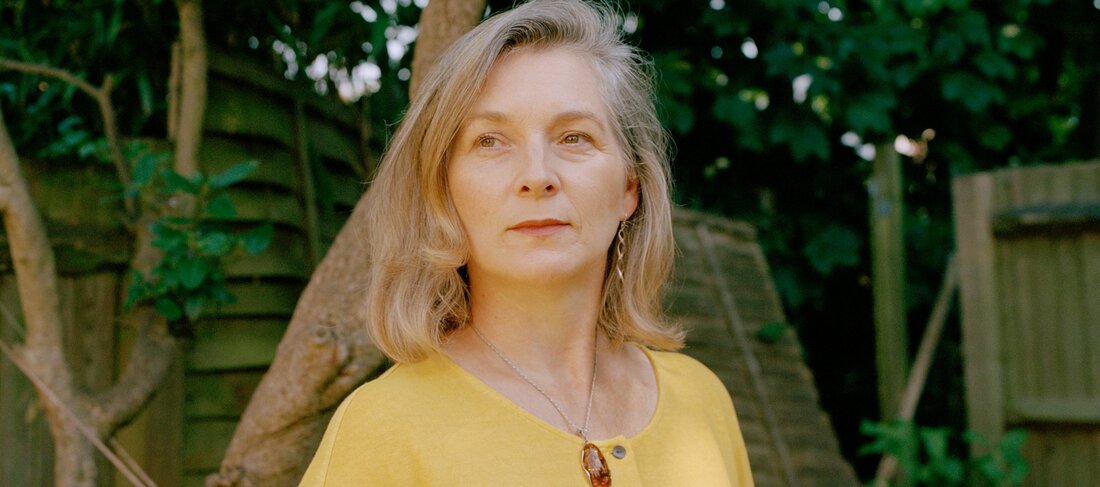
A professional intimacy coordinator, O’Brien seems to be behind every memorable sex scene on our screens this year – from “ugly” orgasm faces and dysfunctional masturbation in kooky Netflix high school drama Sex Education to menstrual blood and rape flashbacks in the innovative BBC One comedy-drama exploring consent, I May Destroy You.
The latter series ended this week with a characteristically complex and unpredictable finale: a stream of consciousness narrative punctuated with the jarring beats of a deliberately unsettled storytelling structure. And, of course, sex.
O’Brien calls it a “joy” to have worked with Michaela Coel, the show’s writer and lead actor. “She was phenomenal,” she tells me. “Watching her ability to swap hats – her centredness and humility, her ordinariness and inclusiveness, while also doing this ground-breaking intimate content, exposing assaults in so many places and confronting them, and the period sex, I was going, ‘Yes! Thank you!’”
These scenes, some based on the writer’s own experience, can be harrowing. O’Brien makes sure that the majority of the work is done before the day the scene is shot – speaking separately to each actor, checking up with the director and crew to avoid any surprises, marking each beat of the scene’s choreography in the script, and ensuring consent for every touch. For example, if the scene requires a reach for genitalia, the actor decides where precisely on their body the touch can land instead – a specific point on their thigh, perhaps.
This method brings a calm, professional atmosphere to scenes that can otherwise be nerve-racking to the cast. In episode six of I May Destroy You, for example, a schoolboy called Ryan attempts without permission to film the girl he’s having sex with in a disused schoolroom.
“He was really nervous, it’s quite a confronting scene,” O’Brien says of the actor, Josiah Mutupa. “But we did a full-day rehearsal, and it’s just choreography, you have all that structure to rehearse, so by the time you come back on set, you have absolute clarity.”
She reads out a text she received from Mutupa afterwards. “‘Filming that scene was so much fun, and I’m so glad I met you.’ That’s the kind of response I’m looking for, so that you know actors are proud of what they’ve done, empowered.”
Accustomed to working on set and stage since she started out as a dancer in musical theatre at 18, the 55-year-old has been stuck indoors during lockdown, watching her scenes unfold along with TV audiences.
“I’ve been sitting here at my desk and all of this has been happening out in the world,” she tells me from her dimly-lit bohemian study, which has midnight blue walls and is laden with patterned throws. “These series are so timely and so perfect, you couldn’t have predicted that when we were making them.”
Taught to dance from the age of three, O’Brien was brought up by Irish parents in Bromley, south east London. Her mother had moved to London to train as a midwife, and her father was from a family of horse trainers who moved to England when he was ten.
Working as a movement director since 2006, after ten years dancing and eight years acting, O’Brien noticed a lack of direction during intimate scenes. Actors were usually told to just “go for it”, she says with a wince, imitating humiliating instructions from clueless directors: “Go harder, harder! Go faster, faster!”
“If you’re going to do a stunt, you have a stunt coordinator,” she says. “If you want a fight to look good, you rehearse it, you put down crash mats – you don’t say: ‘Here’s a sword, now jump in front of the camera.’”
“And we know there’s a danger that someone will get hurt or break an ankle if they’re just told, ‘get up and do a waltz’ – they need to be choreographed.”
More . . .

 RSS Feed
RSS Feed
